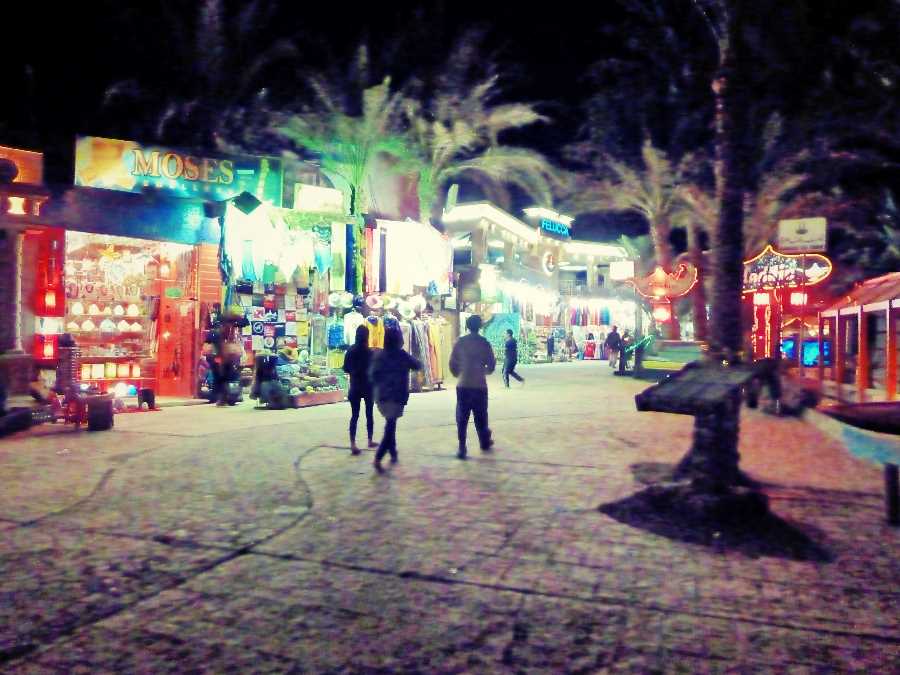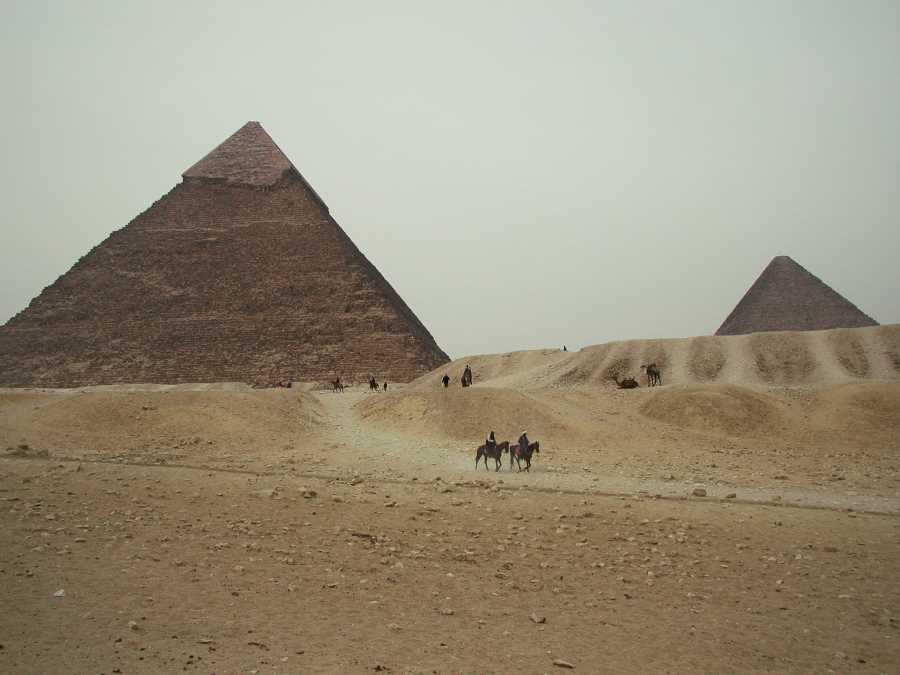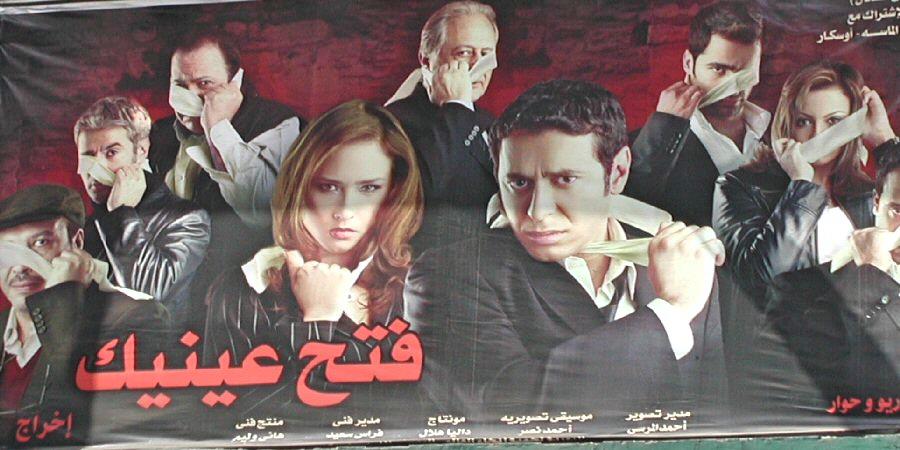| advert | Stay Free as a House Sitter. The Win Win for Pet Lovers That Travel
Stuck In Dahab During The 2011 Egyptian Revolution
Despite being a textbook example of how peaceful protests can lead to the removal of a despised dictator, the 2011 revolution in Egypt severely damaged the tourist industry and dented the economy.
From the red sea resorts to the Pyramids, the Nileside temples and ruins, Egypt’s economy is heavily dependent on tourism. It is estimated that during the crisis over one million tourists left the country. We experienced this in minutiae while staying in the small Sinai resort of Dahab.
The layout of Dahab funnels visitors down one seaside street where travellers and tourists are politely assailed on both sides by shopkeepers and restaurant touts. If one is polite in return and willing to engage the enemy in conversation this low rise canyon of hassle, a couple of hundred yards long, can take a hour to navigate. Touts use all their cunning to get tourists into their store or restaurant and tourists, if they are smart, try to lose as gracefully and cheaply as possible.
When we’ve had too much and are not in the mood for such banter, our tactic in these situations is usually to walk behind rich looking tourists in the hope we would be ignored.

Day by day we lost our human shields as the street emptied of visitors until the normal rules of engagement between hunter and prey were suspended. When Egyptians have lost the will to hassle, and backpackers to hussle, you know things are at a low ebb. Tourists on short holidays left when their time came, repatriation flights took away those that wanted to leave earlier, and no new ones came to replenish our numbers.
Our plans had been to travel to Cairo – which was no longer really viable unless we were looking for trouble – visit Alexandria, and then leave by ferry to Jordan. After hearing rumours of bandit activity on the road to the port we decided to stay put and ride things out.
Though we were in Dahab for six weeks from before the first days of protest in Egypt to after the fall/push of Mubarak, we didn’t once feel unsafe. There was a brief period when fuel supplies were beginning to run low, affecting deliveries of food and water, and serviceable bank ATM machines were difficult to find but otherwise we would never have known we were in a country in revolt.
Dahab was a long way from the protests in Cairo, and the industrial and port cities of Ismailia and Suez, where the outward expression of political dissatisfaction spread, are a different world from this relaxed little resort town.
The sense that we were in a country going through major political upheaval was subtle and mostly came from the absence of rights or privileges we would take for granted at home. We were far enough from Cairo to get caught up in a riot, we didn’t feel a policeman’s baton on our heads or have to escape from an alight building. The worst thing that happened to us was being inconvenienced by being cut off from Twitter and English language news on our phone.
Four days in to the protests, in the early hours of January 28, the internet was shut down across Egypt in an attempt to counter expected ante upping Friday protests. Other than a few snatched scenes on Egyptian news channels, as we went in and out of certain shops, we were in the dark until it occurred to us we should just sit a bar and get news via traditional media.
We avoided discussing the situation too much with Egyptians unless it was brought up first. Partly this was out of a desire not to cause unintended offence, partly an awareness that, as westerners, we have a tendency to foist our opinions on others and we wanted to listen, not talk. Talking first also held the danger that we didn’t know the political opinions of those were speaking to and blurting out support for change might not be welcomed by everybody.

Most Egyptians we spoke to did want things to change in their country but were aware of and concerned about the pain that this would entail. In this chilled out town the biggest public expression of political thought we saw was a short message, ‘we want change,’ written on a restaurant menu board.
The town didn’t feel that much different from our visit five years previously, though more subtle signs than those given above suggested things were not entirely normal here. It is not uncommon to walk through the streets of Dahab, or any other Arab town or city, and after a few questions about our background to be greeted with ‘welcome’.
A week or so into the protests we had our first ‘go home’, though the person who said this was a bit of a misery guts anyway; never happy when we demonstrated that we might have minds of our own and an ability to choose unaided where we want to eat each night. I am still unsure if his desire for us to leave was out of concern or dislike.
After Mubarak resigned things began to return to normal. Most importantly for us cash machines began dispensing money again. We were able to pay our accumulating guest house bill to Jimmy at Bishbishi and buy a ferry ticket to Aqaba. If we weren’t two weeks past our visa expiration date we would have headed to Giza for the once in a lifetime chance to have the Pyramids to ourselves. No doubt emigration would understand our delay but we didn’t want to push it.
Get Our Newsletter. It's Where The Jobs Abroad Are
blog // magazine
This is an updated piece first published in an older version of our blog which included the following comments:
Mike Lenzen said: “Good to hear things are quiet where you are. Very good post. If the internet connection prevails, please keep us up to date on future developments. As a soon to be traveler, I’m very interested to hear about how the continuing chaos will effect you.”
– we replied: “Will do, Mike. I’ve just heard we have the local Bedouin to thank for keeping good order here.”
Suzy said: “I’m glad you aren’t in Cairo, but where it seems to be less chaotic. It’s so strange to read this now, after watching all of the situation unfold here in the US. How strange that we knew more than the people in country did too.”
– we replied: “If we weren’t so thick we would have had more idea what was going on. I really can’t believe it took us so long to think of going to an expat bar and watching the news in English.”
Akila said: “Reading this reminds me of reading posts from travel bloggers in Thailand during the Red Shirt riots. At first, they all reported that things were calm and, even when things went crazy, people treated them well. I am glad to hear that it is safe where you are.”
– we replied: “Thanks Akila. I expected nothing less of the Egyptians. Though Egypt has more than its fair share of natural and man made wonders, it is the Egyptian people that make this our favourite country.”





